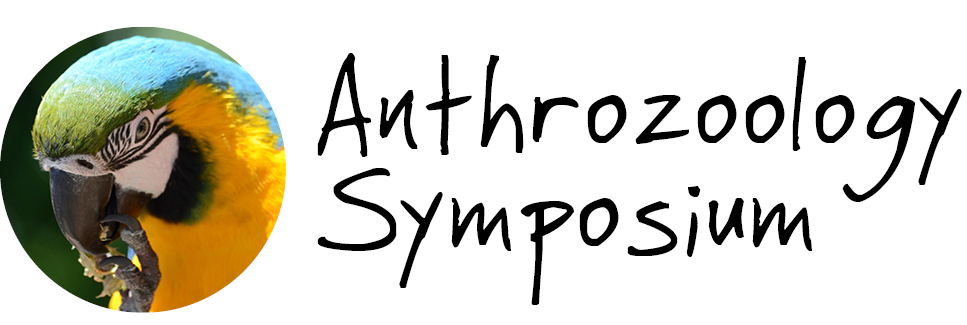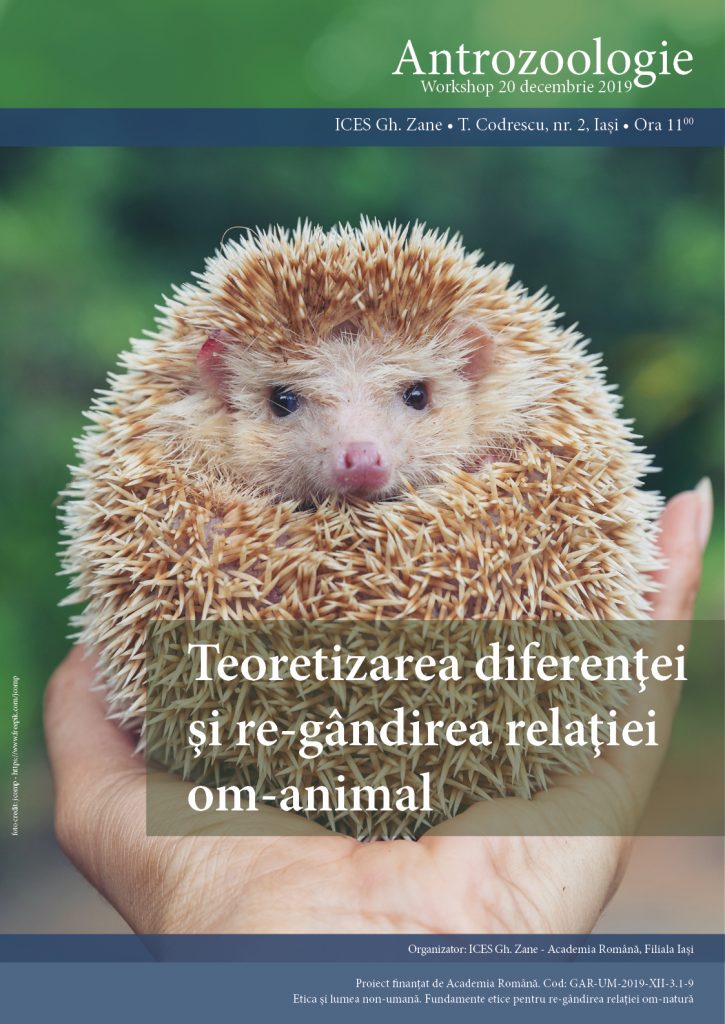The fundamental belief sustaining all legal systems and social organizations around the world is that humans are cognitively and morally superior to all other animals. This justifies using all other animals to the sole benefit of humans. The control and destruction of the lives of non-human individuals to serve the selfish human interests is based on speciesism theories fueled by monotheistic religious belief, humanism, scientific theories that hierarchically categorize all living beings and legal systems founded on these convictions.
Gradually, mentalities drawing strict lines between human individuals and those of other species started to be replaced by a more inclusive way of thinking, blurring the differences. This is due to the new scientific discoveries that emphasize the rich and complex mental, emotional and social lives of individuals belonging to different animal species. This non-anthropocentric way of thinking motivated a re-evaluation of the relations that humans have with the other species, emphasizing empathy, compassion and the more and more obvious conviction that all the sentient beings deserve moral consideration.
The purpose of the debates during this workshop is to explore and critically examine the histories, mentalities and theories that funded and fueled the current view on animals, but also to draw attention to the new conceptions that aim developing new attitudes fairer and more humane.
Presentations:
George Bodi – Theoretical Models for the Construction of Human-Animal Relations in the Prehistoric Archaeology
Aurora Hrițuleac – Neuroscientific Arguments for Rethinking the Difference in the Human-Animal Relations
Codrin Dinu Vasiliu – Anthrozoology between Frontend and Backend Discursive Development
Lavinia Codrea – The Needs of Animals in Legal Approach
Irina Frasin – Humans, Non-human Animals, and Rights for all Sentient Beings
Ionuț Bârliba – The Human-Animal Interaction. Possible Contributions to Self-Development
Liviu Măgurianu – Animals that Defy Science

